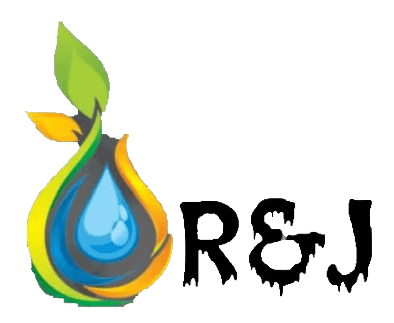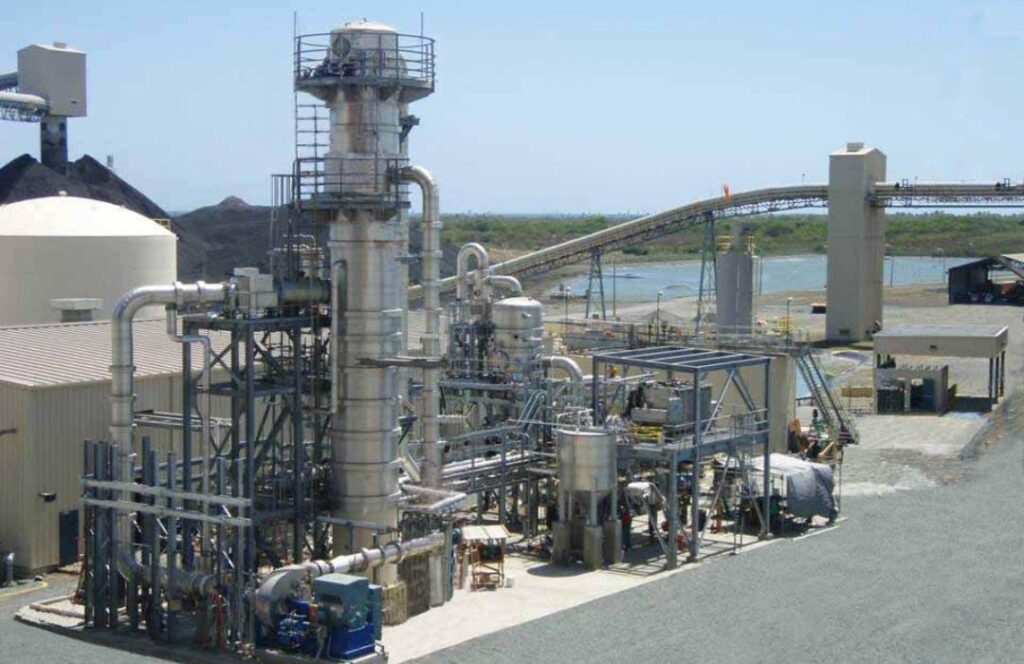Uses of Zero Liquid Discharge Plant in Food Industries
Zero Liquid Discharge (ZLD) plants are increasingly used in the food industry to manage water waste efficiently and comply with stringent environmental regulations. Here are some primary uses and benefits of ZLD systems in food processing:
- Water Recovery and Reuse: ZLD plants recover and recycle wastewater, ensuring maximum water reuse in various processes such as cleaning, cooling, and food production, which is crucial in water-intensive food industries.
- Environmental Compliance: They help food industries meet environmental regulations by minimizing wastewater discharge. This compliance reduces environmental pollution and helps avoid penalties.
- Concentration of Effluents: In processes where high concentrations of waste streams are generated (like in sugar, dairy, and beverage industries), ZLD systems concentrate the waste and turn the remaining water into reusable resources.
- Resource Recovery: Apart from water recovery, ZLD plants enable the recovery of valuable by-products like salts, which can be processed or disposed of efficiently, enhancing sustainability.
- Reduction of Water Footprint: Food industries often have a high water footprint. ZLD plants reduce this footprint by treating and recycling wastewater, making the production processes more sustainable.
- Process Optimization: With ZLD, industries optimize water use in production, reduce dependency on freshwater resources, and improve overall efficiency.
- Disposal of Solid Waste: By evaporating wastewater and converting it into solid waste, ZLD plants simplify waste management and make disposal more eco-friendly.
By using Zero Liquid Discharge technology, the food industry can enhance sustainability, minimize environmental impact, and promote responsible water usage, which is increasingly critical in today’s world.
Key Features of a ZLD Plant in Food Industries:
- Wastewater Treatment: The plant treats wastewater from production processes, such as washing, cooling, and cleaning, removing contaminants and pollutants like organic matter, fats, oils, and residual chemicals.
- Water Recovery: Through a series of filtration, evaporation, and condensation processes, ZLD plants recover almost all the water from the wastewater. This recovered water is purified and reused in the food manufacturing process.
- Evaporation and Crystallization: The remaining concentrated waste is subjected to evaporation to extract more water, leaving behind solid residues. Crystallization further processes these solids, separating them into usable by-products or manageable waste.
- Solid Waste Management: The solid waste generated is either disposed of in an environmentally friendly manner or recycled, depending on the nature of the waste.
Benefits of Zero Liquid Discharge in Food and Beverage Industries :
Zero Liquid Discharge (ZLD) technology offers several benefits to food and beverage industries, focusing on sustainability, efficiency, and environmental responsibility. Here are the key advantages:
1. Water Conservation and Sustainability
Efficient Water Recycling: ZLD systems recover and recycle nearly 100% of the water from wastewater, allowing it to be reused in processes such as cleaning, cooling, or production.
Reduced Water Dependency: By recycling wastewater, food and beverage industries significantly lower their reliance on freshwater resources, promoting sustainability in water-scarce regions.
2. Regulatory Compliance
Adherence to Environmental Regulations: ZLD technology ensures compliance with strict wastewater discharge norms, helping companies avoid fines, legal issues, and damage to their reputation.
Proactive Environmental Stewardship: Meeting and exceeding regulatory requirements demonstrates a commitment to environmental protection, enhancing the company’s corporate image.
3. Minimization of Waste and Pollution
Elimination of Wastewater Discharge: By converting all wastewater into reusable water and manageable solid waste, ZLD technology prevents contamination of local water bodies.
Reduction of Environmental Impact: The reduction or elimination of pollutants and hazardous materials in wastewater minimizes ecological harm.
4. Recovery of Valuable By-products
Resource Recovery: ZLD systems can recover salts and other by-products from the wastewater, which can be repurposed or sold, turning waste into a potential revenue stream.
Efficient Resource Utilization: By extracting and reusing by-products, industries maximize resource efficiency and reduce waste disposal costs.
5. Enhanced Operational Efficiency
Optimized Water Management: ZLD technology promotes efficient water usage and minimizes losses, making overall operations more effective.
Long-term Cost Savings: Despite the initial investment, ZLD systems can reduce operational costs over time through water savings, lower waste disposal expenses, and resource recovery.
6. Reduced Risk of Environmental Liabilities
Mitigated Contamination Risks: ZLD helps prevent environmental incidents related to wastewater discharge, protecting the company from liabilities and reputation damage.
Safe Waste Disposal: The solid waste produced by ZLD plants is easier to manage and dispose of responsibly.
7. Support for Corporate Social Responsibility (CSR) Goals
Commitment to Sustainability: Implementing ZLD technology aligns with global sustainability goals, strengthening the company’s commitment to responsible resource use and environmental protection.
Improved Brand Image: Companies that adopt sustainable practices like ZLD are often seen more favorably by consumers and investors.
Overall, Zero Liquid Discharge technology helps food and beverage industries achieve operational efficiency, reduce environmental impact, and promote a sustainable future.
R&J WASTE WATER TREATMENT ORGANIZATION SBR system is preferred in widespread applications because of its capability of giving the best results in the wide variation of flows. Less operator assistance and high efficiency make it the top-preferred wastewater management system.
These companies are known for their high standards in quality and innovation, serving a range of industries across India.
R&J waste water treatment Organization is a leading manufacturer in the water and wastewater treatment industry, renowned for delivering high-quality solutions tailored to both small and large-scale needs. As specialists in commercial and industrial RO plants, sewage treatment plants, and more, we pride ourselves on our exceptional customer support. For inquiries or support, reach out to us at +91-07017079891 or email Enquiry@rjjalraksha.com

